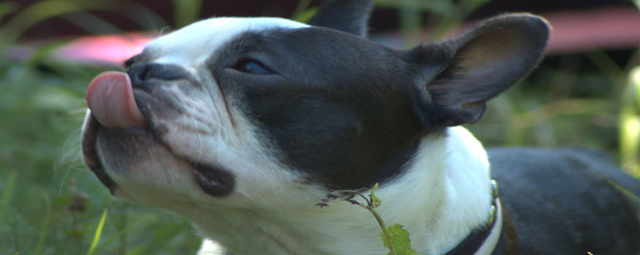What Are Anal Glands?
Anal glands are small glands found on each side of the anus in dogs and cats. Externally, they appear as two tiny holes located at 4 and 8 o’clock from the anus. The glands produce a fluid that builds up over time and is expelled during bowel movements. Pets may also express the anal glands when they’re scared, overexcited, and aggressive. The liquid from the glands is brown and has a distinct, foul odor.
What is the function of anal glands?
The purpose of anal glands in dogs and cats is not exactly clear, but there are two popular theories experts believe may be true. The first theory is that animals use the anal gland fluid to mark their territory and serves as a warning. The other belief is that the substance from the anal sacs is a natural lubricant made by the body to facilitate bowel movements.
Can anal glands cause health problems in pets?
Anal gland health problems in dogs and cats usually develop after the glands become inflamed, making it difficult for the liquid to be expelled. Some of the common conditions associated with the anal sacs include infection, impaction, blockage, abscess, and rupture. These problems can affect felines and canines, but it’s more common in small dog breeds and dogs with allergies.
What are the symptoms of anal gland issues?
Common symptoms of anal sac problems include:
- Scooting on the floor, which is your pet’s attempt to relieve the pressure caused by impacted glands
- Excessive licking of the rear end
- Irritation or inflammation near the anus
- Anal gland abscess, a visible pocket on the gland filled with pus
How are anal gland problems treated?
Anal gland issues that are not severe are usually treated with expression, internal and external wash using an antiseptic solution and an antibiotic, oral antibiotics, and anti-inflammatory medication. Emptying your pet’s anal glands on a regular basis is also recommended to help prevent future occurrences.
In cases where an abscess is present or the entire anal gland ruptures, surgical correction will be necessary. If the problems are recurrent, your vet may also give you the option of having your pet’s anal glands removed.






